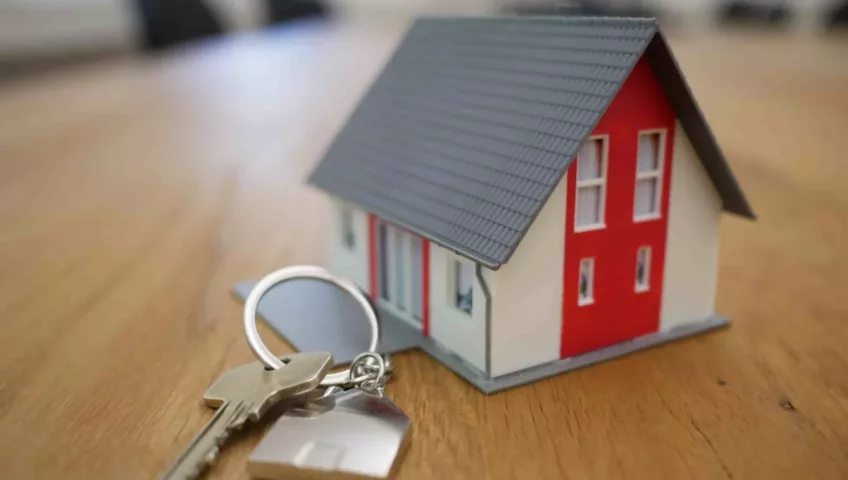Buying a new home, especially for the first time can be an intimidating experience for anyone. After all, it’s one of the largest expenses you will ever make in your life which means it’s even more crucial you think carefully about what it is you really want in a property. You may have concerns about finances, whether you’ll find a property in a suitable area, and whether you should sell your existing home before moving out.
This guide aims to provide you with some of the most useful tips on buying a home to help ease any concerns you may have. Check out the tips below:
1. Decide if buying a home is right for you
Firstly, you need to make the decision as to whether buying a home is for you. Although 86% of the British population are keen to own their own home, it’s not always a feasible option for the life plans they have in mind. One example is that it’s a very rare occurrence for young professionals moving to London to purchase a property outright – it’s eye-wateringly expensive for new starters, but it also means they have no strings attached should they wish to move on in a few years time and work elsewhere.
Determine where you want to be in the next few years before committing yourself to buying a home. Renting may be your best option for the current time.
2. You don’t always have to sell your current home first
Many homeowners dread the idea of moving to a new house as it can take years to get any interest, before securing a buyer and getting the sale to go through. However, it doesn’t always have to be as stressful as what you may imagine. Bridging finance for residential properties is available. This type of loan is a short-term option to ‘bridge’ the gap between the incoming funds of the house sale and the outgoing funds on the new property, so you don’t have to wait around and see your dream properties be listed and sold to others before your very eyes.
3. Don’t rush the search
Although you may be keen to find and move into a property as soon as you possibly can, don’t rush the search. Be sure to view every single property with caution and pay attention to the likes of damp, cracks and other structural concerns such as roofing which may cause difficulties if you were to buy. Also go back and view the property at different times of the day to get a feel of the area. In the evening time, the neighbourhood may have a completely different feel to the place, which may discourage you to put in an offer, but it’s important to find these things out early on.
If you have any questions, don’t be afraid to ask your estate agent anything you’re not sure about – after all, it’s your hard-earned savings you’ll be parting with. Before putting in an offer, always be confident that the property has ticked all the boxes for you.
4. Find a good estate agent
When it comes to choosing an estate agent, you can’t be too picky. It can be easy to fall into the trap of selecting an individual who seems overly nice or persuading, rather than how experienced they may be. The best way to find a good estate agent would be through referrals from friends or professionals. Make sure you interview more than just one agent in order to find someone who understands exactly what you’re looking for. Ask about their specific area of expertise and how many other buyers they’re representing to get a feel for their professional experience.

Write a Comment